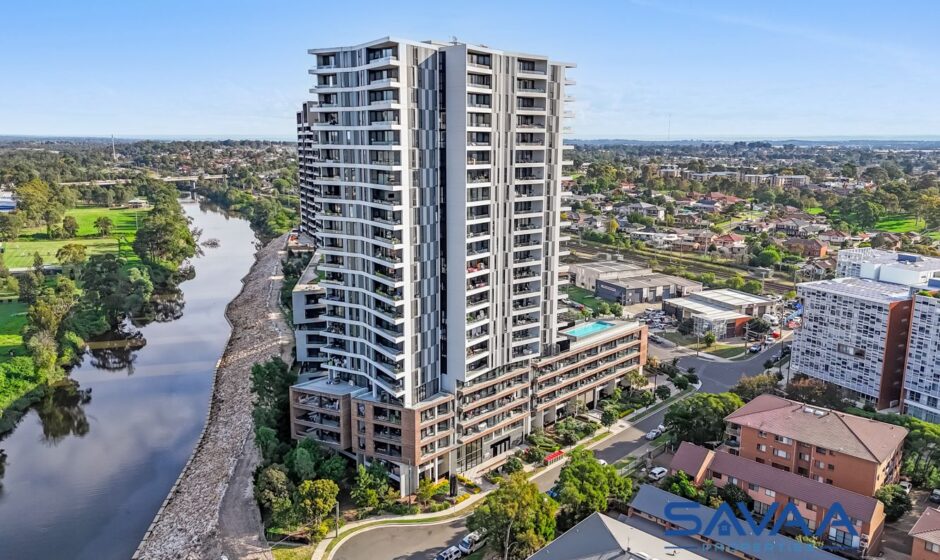Creating a custom desk is an exciting opportunity to design a workspace tailored to your style, comfort, and functionality. The material you choose plays a pivotal role in determining the durability, aesthetics, and overall usability of your desk. But with so many options available, how do you know which one is right for you? In this guide, we’ll walk you through the key factors to consider when selecting materials for your custom desk and help you make a decision that aligns with your needs.
Factors to Consider When Choosing Materials for Your Custom Desk
1. Purpose and Functionality
Before diving into material options, ask yourself:
- What will the desk primarily be used for?
- Will it support heavy equipment like dual monitors or stay minimal for writing and planning?
A work-from-home setup may benefit from robust materials, while a gaming desk might require a surface that can handle wear and tear from peripherals and accessories.
2. Types of Materials for Your Custom Desk
Here’s a breakdown of popular materials and their benefits:
1. Solid Wood
- Advantages: Timeless appeal, durable, and customizable.
- Best For: Professionals seeking a premium look or those who love natural aesthetics.
- Examples: Oak, walnut, cherry, and pine.
Solid wood desks are ideal for those who want a warm and classic design. They can be sanded and refinished over time, ensuring longevity.
2. Engineered Wood (MDF or Plywood)
- Advantages: Budget-friendly, lightweight, and versatile.
- Best For: Those who want affordability without sacrificing style.
- Examples: Laminated MDF or veneered plywood.
These materials mimic the look of solid wood but come at a fraction of the cost. Engineered wood is ideal for a modern custom desk design, especially if paired with metal or glass accents.
3. Metal
- Advantages: Sturdy, sleek, and modern.
- Best For: Industrial or minimalist aesthetics.
Metal desks are known for their strength, making them perfect for heavy equipment setups. Pair metal with wood or glass for a chic combination.
4. Glass
- Advantages: Stylish, easy to clean, and visually spacious.
- Best For: Contemporary designs or compact spaces.
A tempered glass desk adds elegance but requires regular maintenance to prevent smudges and scratches.
5. Laminate
- Advantages: Affordable, comes in a variety of finishes, and scratch-resistant.
- Best For: Busy environments where durability matters.
Laminate surfaces are ideal for those looking for a practical option with minimal upkeep.
3. Style and Aesthetics
Your custom desk should reflect your personality and complement your space. If you prefer a rustic vibe, solid wood with a distressed finish is a great choice. For a modern, edgy look, metal or glass can be your go-to. Always consider the color scheme and design of your room when picking materials.Your custom desk should reflect your personality and complement your space. If you prefer a rustic vibe, solid wood with a distressed finish is a great choice. For a modern, edgy look, metal or glass can be your go-to. Always consider the color scheme and design of your room when picking materials.
4. Budget
Material costs vary significantly:
- Premium Options: Solid wood, tempered glass, and high-grade metal.
- Affordable Alternatives: MDF, laminate, or basic plywood.
Setting a clear budget upfront ensures you can balance quality with affordability. Investing in durable materials might cost more initially but can save money in the long run.
5. Maintenance and Durability
Some materials require more care than others:
- Wood needs regular polishing to maintain its finish.
- Glass shows smudges easily and requires frequent cleaning.
- Laminate and metal are relatively low-maintenance options.
Think about how much time you’re willing to spend on upkeep before finalizing your choice.
6. Eco-Friendliness
If sustainability is important to you, opt for reclaimed wood or bamboo for your custom desk. These materials are renewable and add an eco-conscious element to your workspace.
Pro Tips for Choosing Materials
- Blend Materials: Combining wood and metal or glass and laminate can create a striking and functional design.
- Test Samples: Always get material samples to visualize how they’ll look in your space.
- Consider Ergonomics: Ensure the material supports your ergonomic needs, such as adding cable management features or adjustable heights.
Conclusion
Selecting the right materials for your custom desk involves balancing aesthetics, functionality, and budget. Whether you prefer the classic charm of solid wood, the sleekness of glass, or the practicality of laminate, there’s a perfect option out there for your needs. Take the time to evaluate your workspace requirements, and don’t hesitate to mix and match materials to create a desk that’s uniquely yours. With thoughtful choices, your custom desk will not only enhance your productivity but also elevate your home or office environment.
By focusing on these considerations, you’ll craft a desk that perfectly suits your lifestyle—one that’s as durable and stylish as it is functional. Start building your ideal custom desk today!



